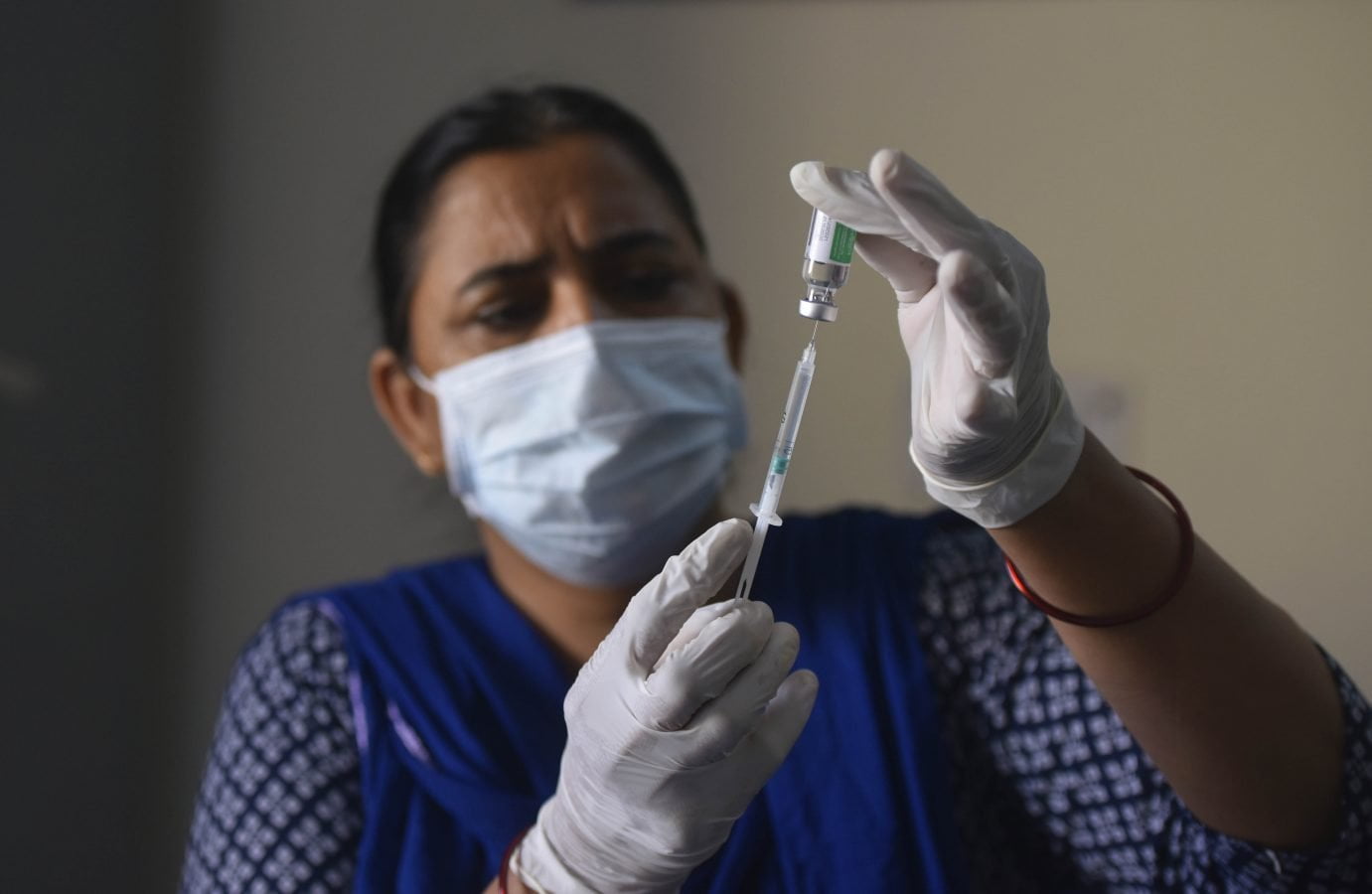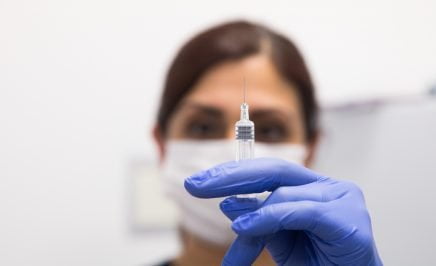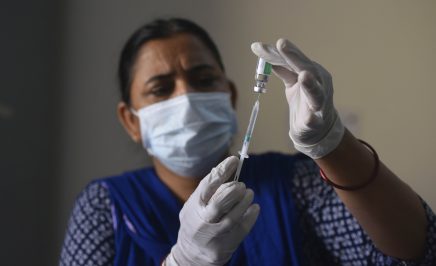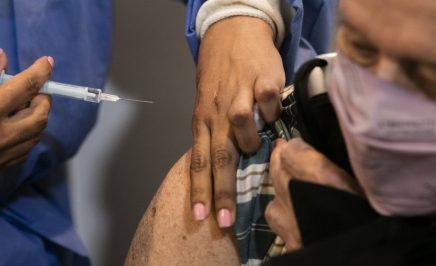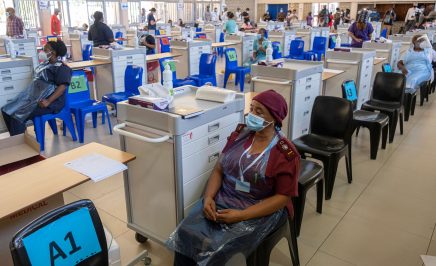After finding pharmaceutical companies had failed to meet their human rights obligations in respect to the Covid-19 crisis in Amnesty International’s recent report, A Double Dose of Inequality: Pharma Companies and the Covid-19 Vaccines Crisis, Amnesty International Australia has written to Astrazenceca, urging the Australian based company to do more and to help end the pandemic.
Global organisations including the World Health Organisation, World Trade Organisation, World Bank and International Monetary Fund have set a target of vaccinating 40% of the population of low- and lower-middle income countries by the end of 2021. Yet, less than 10% of people in these countries are fully vaccinated, and less than 20% of WHO-approved vaccines have been delivered to countries that make up half of the world’s population.
Companies, including pharmaceutical companies, have a responsibility to respect all human rights wherever they operate in the world and throughout their operations. For pharmaceutical companies developing and manufacturing vaccines in the context of the global health crisis, this means that all decisions and actions related to the vaccine roll-out should be rigorously assessed through proactive, ongoing human rights due diligence. Vaccine manufacturers should directly address gaps in policy and practice by developing and implementing policies that aim to make Covid-19 vaccines available, accessible, and affordable. They should remove all obstacles and refrain from any action that unduly impacts on states’ ability to make Covid-19 vaccines available to all. Failures to take the steps needed to ensure fair and comprehensive vaccine roll-out may result in companies causing or contributing to human rights harms.
Of particular concern in respect to Astrazeneca is their continued lobbying against initiatives seeking to increase manufacture and supply of Covid-19 vaccines and promote their fair distribution, such as the proposed TRIPS waiver and WHO technology sharing mechanisms.
